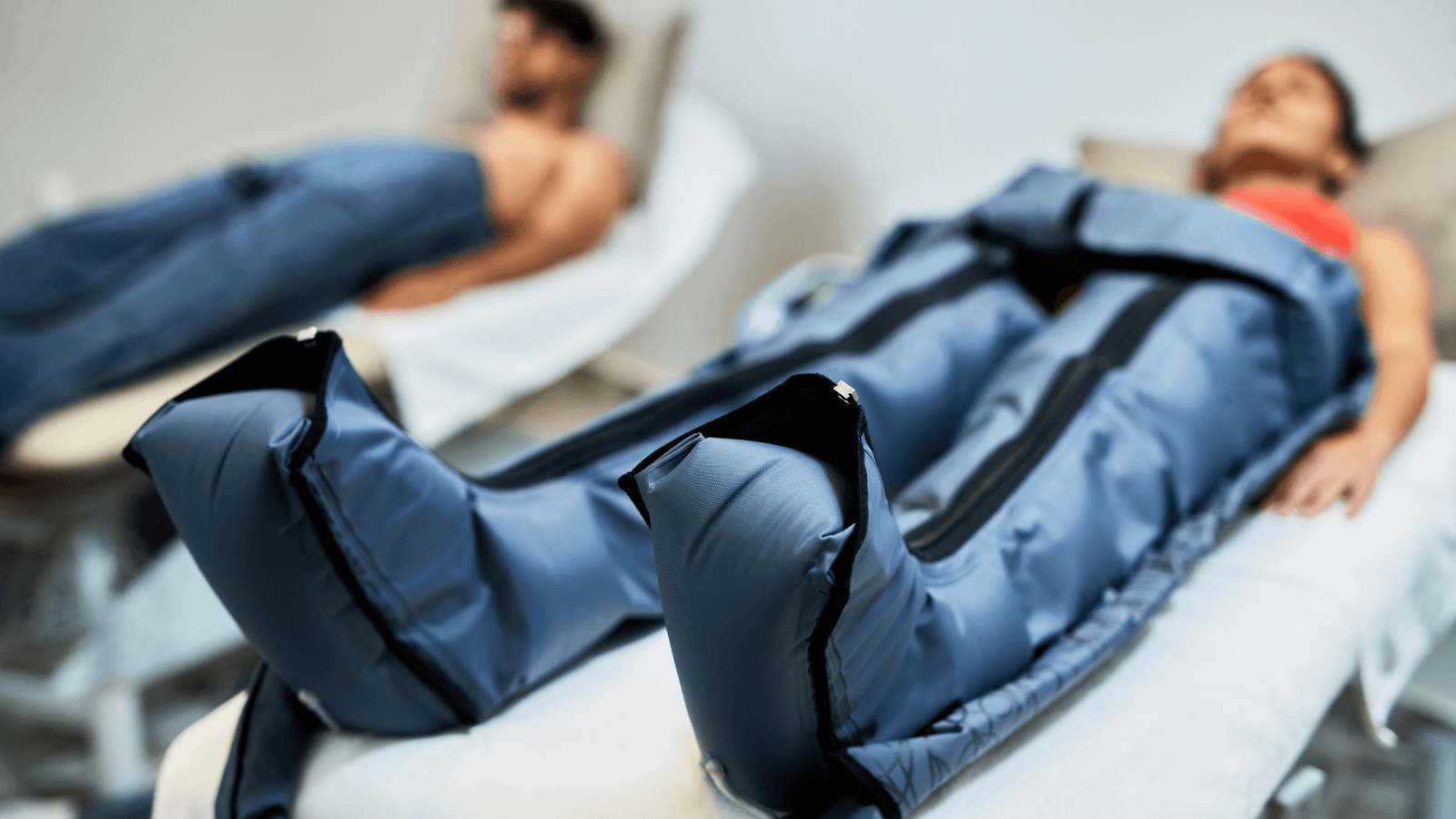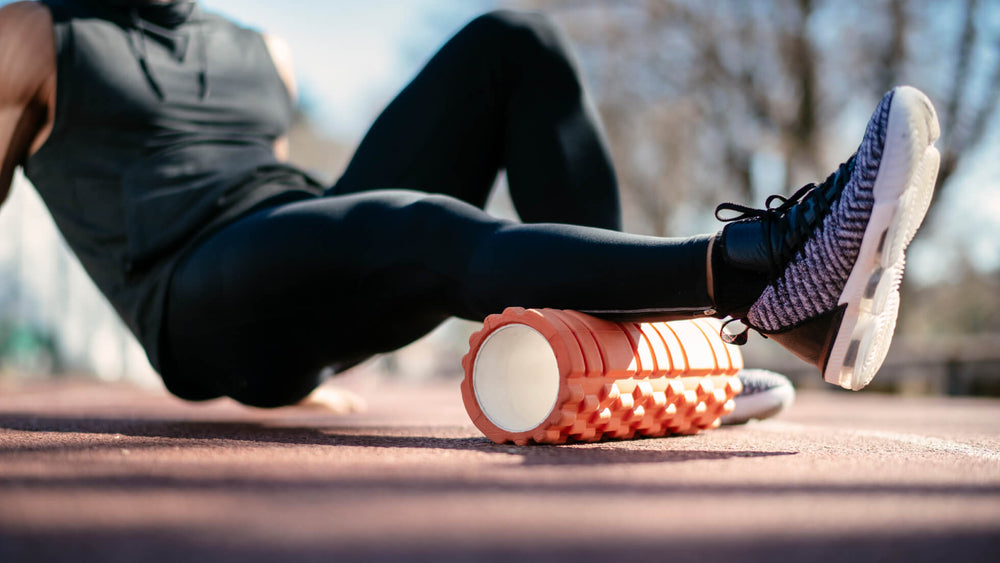Compression Therapy: Is the Juice Worth the Squeeze?

Compression therapy has surged in popularity among endurance athletes, promising reduced soreness, faster muscle repair, and even a mental edge. Whether you’re a road cyclist, ultra-runner, or weekend warrior, here’s why you should consider adding some squeeze to your recovery routine.
Why Compression Matters
After a hard session, fluid and metabolic byproducts (think lactic acid and inflammatory markers) accumulate in your muscles. Compression helps:
- Speed up venous return, moving blood back toward your heart
- Flush out metabolic waste and excess fluid that contribute to stiffness
- Deliver fresh, oxygenated blood and nutrients to fatigued fibers
In plain speak: better circulation equals faster healing, so you wake up ready to grind again.
Compression Tools: From Tights to Boots
Not all compression is created equal. Here are the most common ways to wring out soreness:
Compression sleeves & socks
- Graduated pressure (tightest at ankle, loosening upward) encourages one-way blood flow
- Perfect for long flights, overnight wear, or post-ride cooldowns
Full-length tights & shorts
- Offers more coverage over quads, hamstrings, and glutes
- Great for multi-hour recovery sessions or travel
Pneumatic compression boots
- Plug-in units cycle through inflation and deflation, mimicking a “kneading” massage
- Adjustable pressure settings let you dial in comfort and intensity
Hand pumps & portable systems
- Compact units for travel or quick pre-race “pump-up” rituals
- Less versatile than boots but still better than no squeeze at all
Compression Timing Tips
Timing your compression therapy can make or break its effectiveness:
Immediately Post-Effort
- Aim for 20–60 minutes of compression within two hours of your workout
- This window is prime time to clear metabolites before they pool
Evening & Overnight
- Many athletes swear by sleeping in graduated compression socks or tights
- Gentle, sustained pressure helps control inflammation that builds overnight
Pre-Event Warm-Up
- Brief, low-pressure compression (10–15 minutes) can boost circulation and wake up muscles
- Think of it as a dynamic “squeeze stretch”
Between Sessions
- For multi-day races or back-to-back hard days, periodic boot use keeps your legs fresher
Compression Benefits
According to clinical trials and athletes who’ve incorporated compression therapy into their routines, you can expect:
- Reduced muscle soreness: 20–40% less perceived soreness after 24–48 hours
- Improved performance: You’ll take longer to tire in follow-up workouts
- Lowered inflammation: Markers like creatine kinase (CK) show quicker normalization
- Enhanced psychological recovery: The ritual of squeezing in can be as mentally restorative as ibuprofen
How Compression Aids Your Healing
Compression therapy works through several mechanisms:
- Hydrostatic pressure – Uniform external pressure pushes interstitial fluid back into circulation.
- Graduated design – Tapers from high to low pressure, preventing backflow and ensuring one-way drainage.
- Mechanical massage – Pneumatic systems mimic manual massage, breaking up adhesions and improving tissue pliability.
- Neuromuscular relaxation – Light pressure can calm overstimulated nerves in fatigued muscle groups, reducing pain perception.
Your Compression Playbook
Ready to squeeze more out of your recovery? Here’s a simple plan.
If you’re on a budget, get started with some compression socks (approx. $40) for post-race and travel use. If you’re looking for full-leg therapy, invest in some graduated tights (approx $100). For a high-tech upgrade, you’ll want pneumatic boots ($350+).
Routine-wise, start with 30 minutes post-workout and overnight wear on easy days, Track soreness and other performance markers and adjust duration and pressure as needed.
Take the next step in your training regimen: Try any BRL Sports supplement risk-free! If our natural nutritional products aren’t the best you’ve ever used, simply return your purchase for a 100% refund — no questions asked!
Also in Inspiration & Perspiration

Extreme Endurance: How Elite Athletes Train Beyond the Limit
Explore how elite athletes train for extreme endurance. Learn what it takes to build physical and mental capacity for ultra-distance performance.

Marathon Training Nutrition: Complete Fueling Guide from Base Building to Race Day
A practical guide to marathon training nutrition, with fueling strategies, common mistakes to avoid, and how to adjust your intake from base to race.

Creatine vs Pre Workout: Which Should You Take? (Or Both?)
Creatine and pre workout serve different goals. Learn how they compare, when to use them, and whether stacking both is right for your routine.


